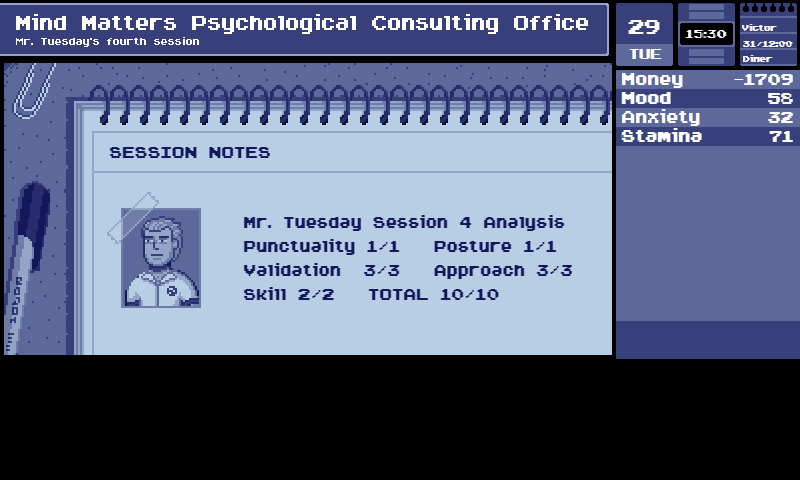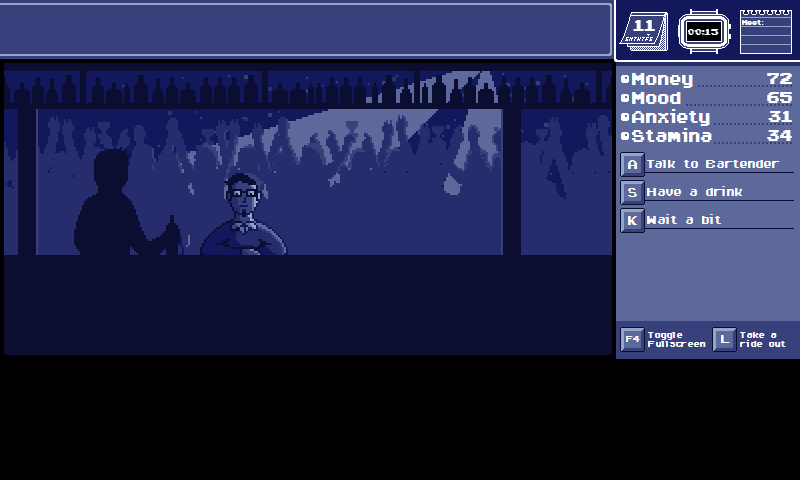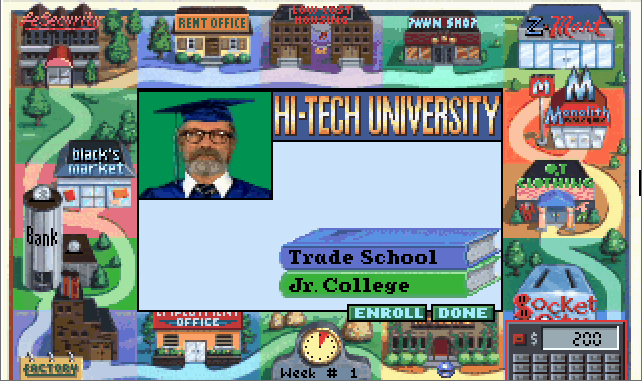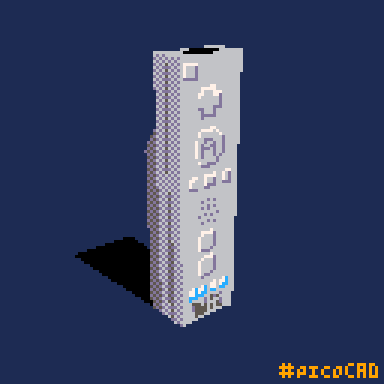I have noticed two patterns watching people play THERAPIST: Mind Manager. One, people who are therapists in real life do better at the game therapy sessions than those who are not. Second, non-therapist players get progressively better at the game sessions as they play.
I can only draw one conclusion for that: learning to play the game also teaches, to some extent, real life therapeutic skills.
I believe the first of those skills is validation. In real life, when we listen to someone complaining or telling us about a problem, we have a strong tendency to blame that person for the problem by pointing whatever it is we think she’s doing wrong to cause it. The game gives you the option to do that through dialog choices, but if you do so, your therapeutic score will not be very good. Instead, you need to validate your patients by showing understanding of how that problem makes sense within their context and needs. That’s something few people can do in real life.
The second game skill is choosing an intervention approach. And while the game does not require you to come up with the actual intervention, you do need to pay close attention to whatever it is your patient is telling you to define the root of the problem. Thus, the skill you’re training here is listening. You can’t come up with an actual solution for your patient if you don’t listen to him properly first. I dare say that is not a real life skill commonly seen either.











0 comments